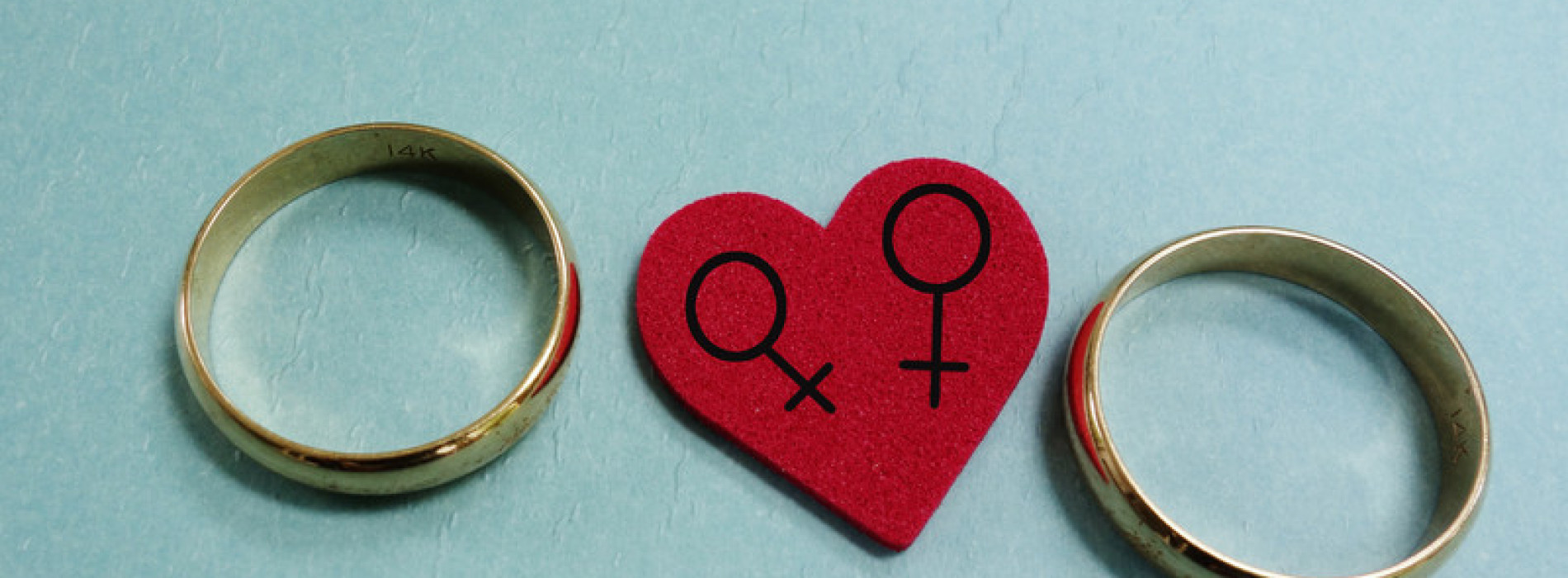How Do We Love Our Enemies?
How can Melissa and Aaron Klein, owners of the bakery Sweet Cakes by Melissa in Oregon, or Barronelle Stutzman, the florist from Richland, Washington, love the people who destroyed their lives?
The Klein’s and Barronelle Stutzman made headlines on different occasions in separate states when they refused to provide their services for same-sex weddings. After the gay couples involved filed lawsuits, and each incidence was investigated, the legal system ruled both the Klein’s and Stutzman violated state anti-discrimination laws. The possible penalties and fees could financially devastate both.
On one hand, secular gays have contempt for Christians and view us as stubborn hypocrites who interfere with their civil rights. The radical faction has a desire to diminish Christianity’s influence in society. On the other hand, Christians view gays as enemies of religious freedom. These are harsh claims. The gulf between the religious community and gays has grown wider in recent years. Compromise isn’t a solution but seen as a sign of weakness.
How our differences deteriorated into outright war is anyone’s guess. Years of minimal church outreach coupled with the disapproval of same-sex marriage has left many gays alienated from religious communities. As same-sex marriage has emerged as a civil rights issue, Christians risk having their lives destroyed if they express support for traditional marriage.
To complicate matters, the Bible tells Christians to love those who persecute us. “But I say, love your enemies! Pray for those who persecute you! “(Matthew 5:44 NIV)
As the Klein’s and Stutzman deal with the public backlash, negative comments, and possible bankruptcy, Christians are left to wonder who will be the next victim. Same-sex couples, feeling judged and ostracized by Christians, believe this fight is the civil rights battle of our time.
Each side has failed to understand the other. The Christian-gay interface is more complicated than what’s portrayed in the media. News snippets, politician interviews, and catchy headlines do not capture the complexity of the debate. Major news networks have problems with dishonesty and bias, so why are we allowing them to guide our emotions or shape our opinions?
I cannot speak for others, but what I see in the news and experience in real life are very different. Christians and gays are friends, co-workers, and family. But on a national scale, our reluctance to engage with one another has had disastrous consequences. We’ve lost our will to debate ideas and instead turned to intolerance. If you have no concern for gays or you express joy and satisfaction when a family or loving grandmother is financially ruined, have we been damaged beyond repair?
Some say gay rights and religious freedom are incompatible. What saddens me is it doesn’t have to be this way. Being gay doesn’t exclude someone from a relationship with Christ, and traditional marriage endorsement doesn’t mean Christians hate gays. Amicable solutions have been presented but none are able to gain traction. Our inability to solve our problems like adults has allowed the government to step in and serve as a mediator. The political party in charge determines which side wins. Why can’t both sides unleash their intellect and creativity—which the government lacks— to find a long-term solution that most people can support?
There is a bright spot.
Christians and gays do share common ground: hate will not force them to change, and underneath the hostility is the desire to be left alone without government intrusion.
I am not speaking from a place of personal persecution like the Klein’s or Barronelle Stutzman, but I—or you— could be next. How do we love our perceived enemies?
When I ask myself this question, I am reminded of how God uses unlikely people to advance Christianity.
In fact, He used me.
If God sees me as worthy, why can’t I do the same for others?
I do not advocate a “go along to get along” approach. Religious freedom for Christians and marriage for gays is too important. This disagreement will not end anytime soon, but it should be seen as just that: a disagreement with a solution. There are far worse enemies who wish to destroy both Christians and gays so our focus should not be to ruin lives but stand in solidarity. For some, love may be a bridge too far, but a step towards reconciliation could start with mutual admiration of our willingness to fight for what we hold close to our hearts and treating each other with respect.
Photo credit: www.dreamstime.com

